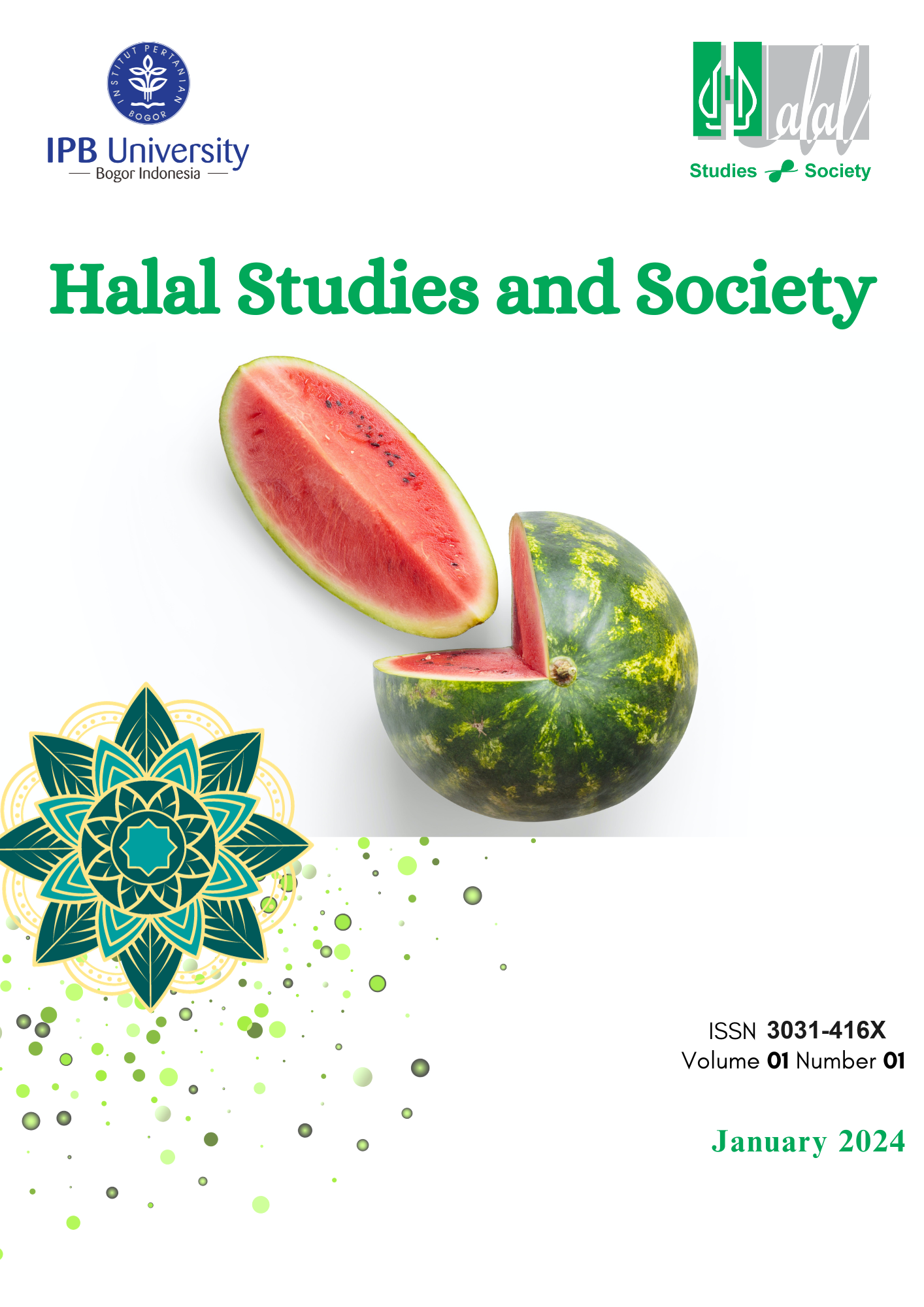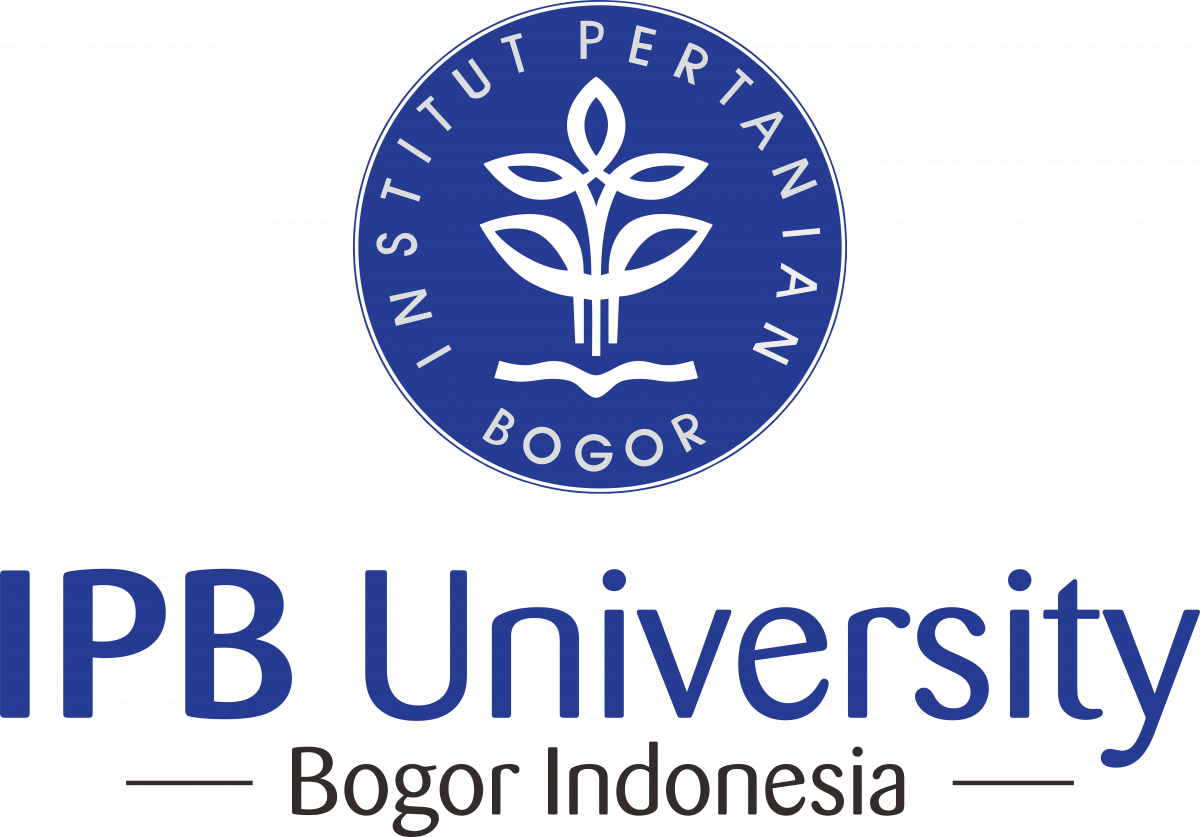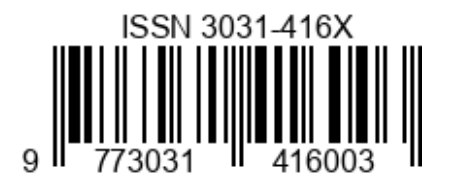Implementation of the Halal Assurance System and MSME Business Development Strategy: the Case of a Coffee Shop
Abstract
This study aims to help a micro-small-medium enterprise (MSME), in this case Dakara Coffee, meet the requirements of HAS 23000. The identification carried out in this study was in the form of primary and secondary identification to apply the HAS Manual. The HAS Manual is designed based on the actual conditions of Dakara Coffee and contains 11 HAS criteria. The results showed that several identified food and beverage ingredients did not meet the HAS 23000 criteria and did not have supporting documents. Several improvements are then recommended such as replacing materials that do not comply with HAS 23000 and completing documents for food and beverage ingredients. Employing AHP method, the main priority for Dakara Coffee business development is location, followed by various other aspects such as halal management, branding strategy, product innovation, and organisational management.
Copyright (c) 2023 Muhammad Ayyub Muslich, Asep Nurhalim, Mohammad Iqbal Irfany

This work is licensed under a Creative Commons Attribution-NonCommercial 4.0 International License.












